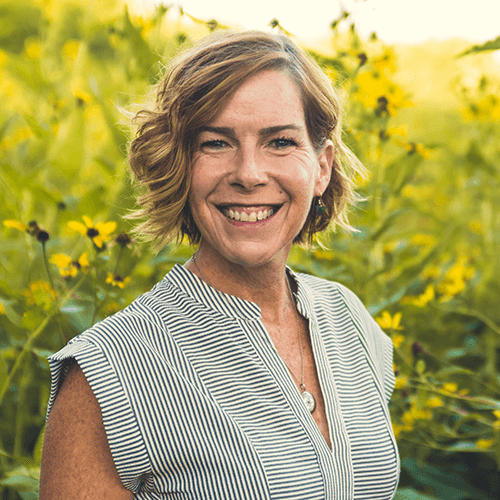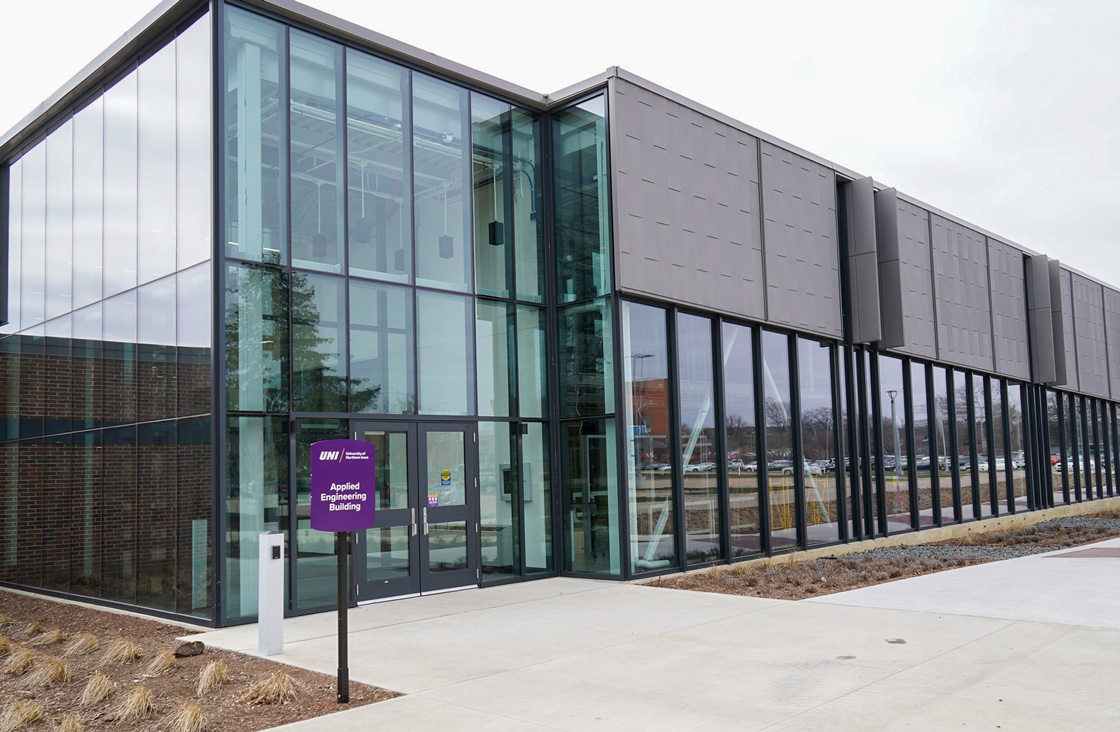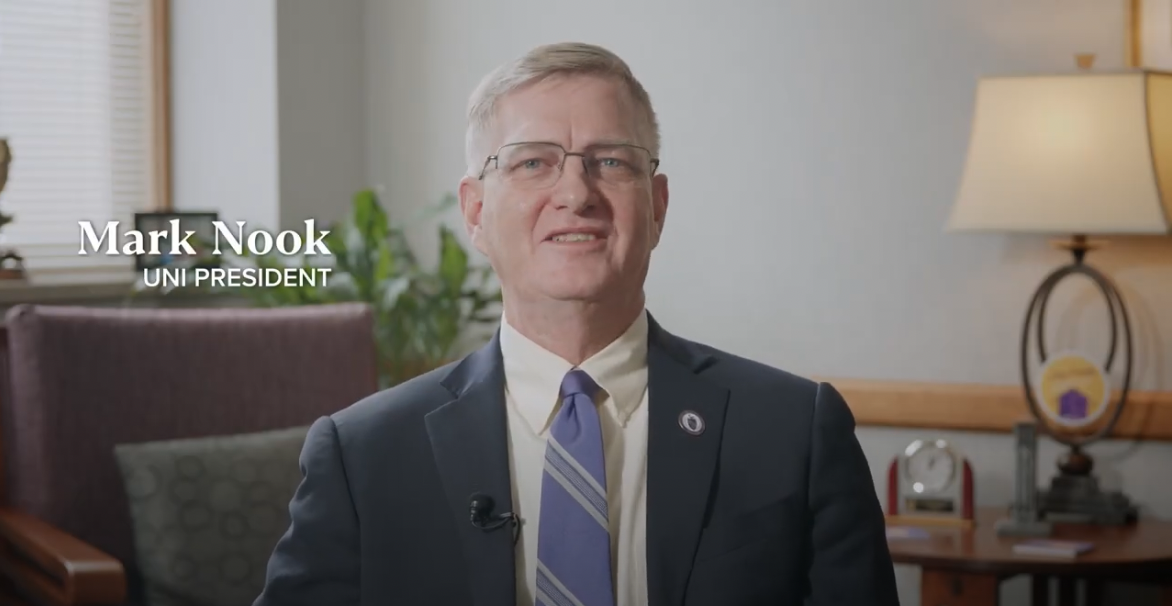
Jennifer Trent, a program manager at the Iowa Waste Reduction Center, has recently been selected as the Board of Directors President for the U.S. Composting Council. Trent graduated from UNI in 1998 with a bachelor’s degree in geography with an environmental emphasis. “We got to learn all about how anthropomorphic activities impact the environmental landscape,” she said.
Trent continued her postgraduate studies at UNI, earning a master’s in geography. During her master’s, she became interested in the study of Quaternary soils, an aspect of soil science, but struggled to find jobs after graduation. She began focusing on the environmental field and found a position as a waste reduction specialist at UNI’s Iowa Waste Reduction Center.
“When I started to work here, we did not have, at the time, a food waste program. So I applied for grant funding to implement programming for K-12 schools to help them address their environmental impact when it came to the amount of food waste they were generating. Food waste in a landfill generates methane which is a potent greenhouse gas,” she said.
One of her methods for reducing food waste included working with organizations that would take edible food and give it to the hungry and those in need. However, this wasn’t enough to solve the problem of food waste from Iowa schools pilling up at landfills.
“They didn’t find anywhere to recycle food into compost or into biogas. The infrastructure in Iowa just wasn’t there. So I decided I was going to take compost training, and I went to Pomona, California and I took a compost operations training course through the United States Composting Council and through the Compost Research and Education Foundation. It was the best training I’ve ever seen. I was fascinated by the science and art of composting,” she said.
During her training, she learned about reducing erosion by pilling food waste with carbon, turning it into nutrient-rich soil. She also learned about the compost’s ability to improve water quality.
“If you take compost, and put it strategically in front of a waterway, it has the ability to bond bind to pollutants and contaminants. Compost has been touted as a great carbon sequester, so not only are you taking food out of the landfill, but you’re creating this process that improves soil quality and improves water quality,” she said.
Her work as president for the U.S. Composting Council will involve supporting and protecting the compost industry. Her work revolves around advocacy at the federal level, but she also works with 15 state chapters and helps encompass infrastructure growth across the country in deficit areas. During her time as president, she hopes to leave a positive mark on the industry.
“One of the things I would like to work on this year is strengthening the advocacy because it has been become really important to the U.S. Composting Council, as we deal with contamination at compost sites. We’re also trying to get funding opportunities for people interested in the compost industry. We need compost manufacturers and we need equipment developers and designers to solve some of the problems we have with infrastructure,” she said.







